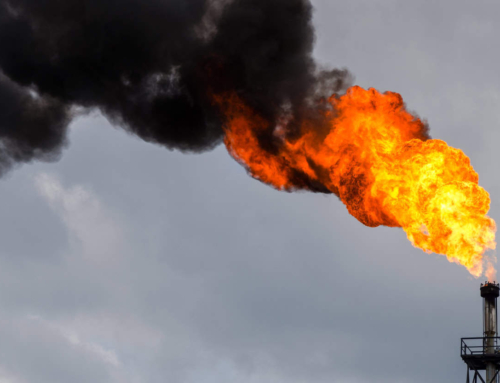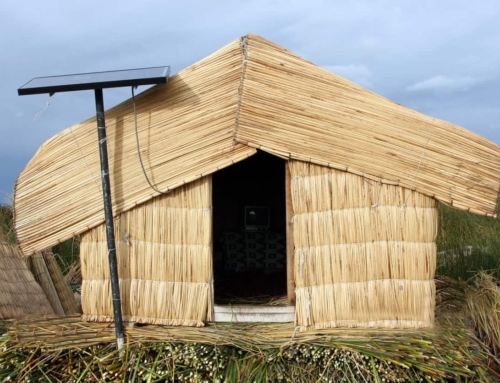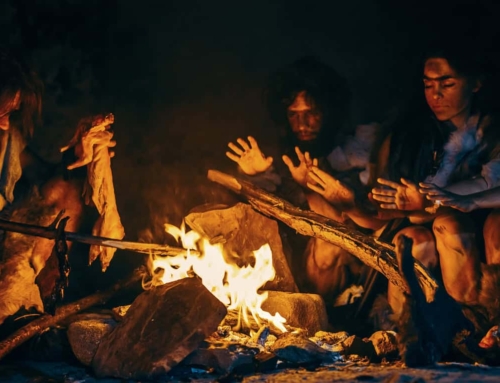I received an email from the New Yorker on a post by Bill McKibben. The subject line was “Big Oil’s Bad Day.” McKibben is the founder of 350.org of which I am an active member. He probably didn’t write the email subject line, but whoever did, fell into a common trap that I see repeated over and over by many climate activists, social media posters, and news media. They unwittingly endorsed an opposition frame.
What’s that? Let me give you a hint. “Why didn’t climate activists (and all of us) have a good day instead of Big Oil having a bad day?” This statement is the logical equivalent of “Big Oil’s Bad Day.”
The short answer is that the subject line and similar headlines frame Big Oil as a victim when they say they had a bad day. In America, the underdog is a familiar story. We root for the underdog. There is a perception of right and wrong, and in our culture, the underdog is morally right.
In this case, Big Oil has been wronged. i.e. It’s implied that they deserved to have a good day. In headlines and subject lines, our brains go to sympathy with the victim. It’s the short hand way our brains work. We don’t listen to the actual content because we know the story of the underdog.
This post has been sitting on my desktop when I noticed Emily Atkin also calls out the same subject in her Heated post. But I’d like to add a few things.
Most of us are too busy to worry about the words we use. We succumb to the tendency to write and report about events and actions as a conflict. We fight for <insert your cause>. Fighting against an enemy positions us as being the underdog and creates an “other” in opposition to our just cause. Hence the term “Big Oil.”
Conflict means that there are winners and losers. As a result there are moral implications because winners are most often viewed as morally right.
Imagine instead a different headline. “Humans score victory against Big Oil for our survival.” This is also true, and should elicit a different feeling. Here humans or climate activists triumph.
Humans are the moral victors. The headline attracts others and helps bring them to our worldview.
One small cognitive idiosyncrasy of our language is also that whoever or whatever is named first of two items listed, is automatically viewed as superior or morally correct. For example, we say right and wrong, not wrong and right. We say cops and robbers, not robbers and cops. How do you feel about police and protestors, or Enbridge and climate activists? The emphasis on the first item listed makes a subtle difference. So perhaps starting our headline with “Big Oil” as the subject primes us to view them as morally superior.
You may think that all this subtlety of language is too much nuance. But our “fight” against “Big Oil” or “Enbridge” will be won with words and not in the field. According to Atkin, “Out of 27 news articles that covered the May 26 climate wins, 24 centered the oil industry’s plight over the planet’s progress. In other words, one of the best days in recent memory for humanity’s future was overwhelming painted by the news media as a loss. It was the best possible framing Big Oil could have asked for.”
There are three things we can do to avoid falling into the opposition frame trap. The first is to call out bad frames, both in our own communications and the oppositions. (Drop me a line for the SkyWaterEarth framing checklist.) The second is to make sure we tell stories based on our values. The third is to remember that we will win when others, those who are persuadable, perceive us as morally right. We can’t tell them we are morally right, we must demonstrate it through our actions, stories and headlines. They will then identify with us and our cause. Sometimes that requires putting ourselves first to be the underdog who wins.
Hobie,
‘We are all connected. Savor the Earth!’™
L. Hobart Stocking
SkyWaterEarth.com
hobart@skywaterearth.com
651-357-0110
Facebook: @SkyWaterEarthConnected
Twitter: @SkyWaterEarth








Leave A Comment